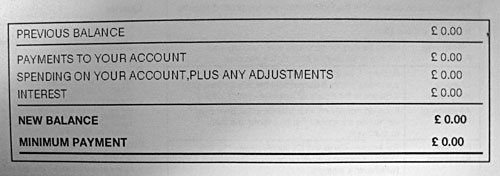There’s a nice appreciation of Vonnegut by Christopher Bigsby on openDemocracy.net
Kurt Vonnegut, who died on 11 April 2007 at the age of 84, once said that he learned “bone-deep sadness” from his parents. He was 21 when his mother committed suicide and in Breakfast of Champions a character remarks “You’re afraid you’ll kill yourself the way your mother did.” He later confessed to himself being a monopolar depressive, even attempting suicide, insisting nonetheless that he was unashamed of the incident, which he would not repeat because he did not want to be “a two-time loser”. His father, he recalled, had said some of the funniest things he had ever heard but that he was “the saddest man I ever knew”. Perhaps Vonnegut’s humour, always with a dark underlay, was his response to a sense of spiritual vertigo. Certainly, the laughter in his work often comes through clenched teeth.
In person, he could come across as lugubrious, mixing melancholy with wit. In performance, he was a vaudevillian with a carefully honed act. He was an habitual smoker, believing it a treatment for his depression, but acknowledged the side-effects, one of which being that he set himself alight, causing serious burns. In the end, though, it was writing that proved the real therapy and as he remarked, “I don’t think you have to write that close to the truth about yourself in order to feel better. I think that writing detective stories, spy stories or whatever, is probably as therapeutic.” In his case the “whatever” would be science fiction…
Strangely, the Vonnegutweb hasn’t caught up with news of his death.









